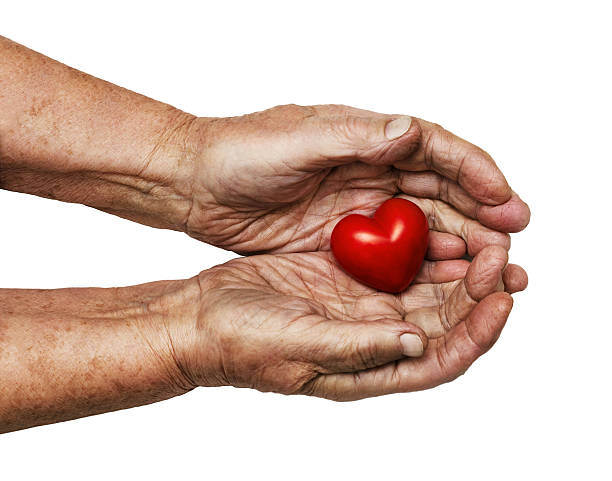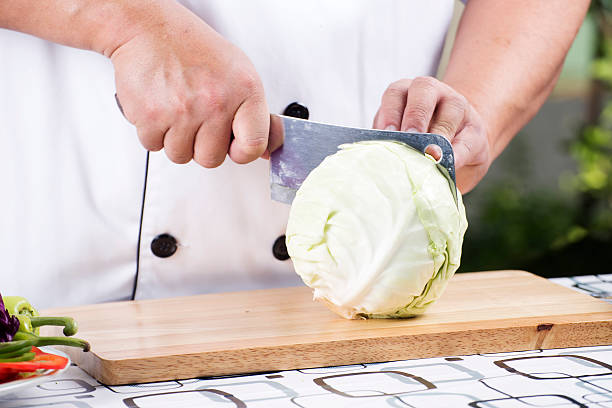
Nigeria Decides in Few Days: 5 Fundamental Finds Out About The Elections
Nigerians go to the polls on 25 February to choose another president, vice-president, 109 members of the Senate and 360 members of the Federal House of Representatives. Eighteen political parties have introduced contender for the different offices and over 93.5 million grown-up Nigerians are enrolled to cast a ballot.

The races will be directed at 176,606 polling stations spread across the 774 local government region of the country. It is Africa’s greatest political race and presents immense calculated difficulties for the Independent National Electoral Commission, the electoral umpire.
Working with our scholastic specialists, The Discussion Africa has distributed various articles on the elections. The following are five fundamental peruses.
The 2023 general political elections in Nigeria is the seventh since the ongoing flood of liberal democracy officially began in 1999.
Over the most recent 24 years, Nigeria’s democracy has seen some development. Be that as it may, there have been difficulties as well. These difficulties frequently influence the manner in which citizens respond at the polls. Ethnicity, religion, cash, history and insecurity have been recognized as a portion of the powers that will be impacting everything as citizens choose the next set of leaders on 25 February.

The most effective method to survey 93.5 million voters political parties fielding candidates for the presidential election, 1,101 candidates for the Senate and 3,122 candidates vying for federal constituencies in the House of Representatives.
The elections will be directed across 176,606 polling stations. To get this going, the electoral commission is conveying 1,265,227 prepared officials, among them 530,538 polling unit security officials.
To move electoral materials and authorities, over 100,000 vehicles and around 4,200 boats, joined by naval gunboats, are required. To cover everything, this is all event when the nation is in a condition of insecurity and there is a shortage of fuel and money.
Political organizations and administration master Emmanuel Remi Aiyede separates the calculated difficulties.
Nigeria political elections Infographic: The Discussion Africa/Information: INEC Nigeria -Independent National Electoral Commission
Atiku Abubakar:
A sixth timecontenderAlthough it is a packed challenge, one of the main competitors for the office of the Nigerian president is Atiku Abubakar. The previous Vice President (1999-2007) is the candidate for Nigeria’s primary opposition party.
Abubakar isn’t new to the race for Nigeria’s administration. He has been running beginning around 1992 – this is his 6th endeavor. He was on the polling form in 2007 and 2019, and lost in party official primaries in 1993, 2011 and 2015.
Bola Tinubu:
Kingmaker needing to be king. Another significant competitor is Bola Ahmed Tinubu. He is a first time competitor for the number one office in Nigeria, however Tinubu is generally accepted to have been the political kingmaker liable for the rise of President Muhammadu Buhari in 2015.
state
The previous legislative head of Lagos State, Nigeria’s business operational hub, somewhere in the range of 1999 and 2007, Tinubu additionally selected Yemi Osinbajo into his role as vice-president.
He is once in a while portrayed as the godfather of legislative issues in Lagos (Jagaban) and, likewise, in different pieces of Nigeria.
Yet, might the kingmaker at any point turn into the king?
Peter Obi:
From underdog to a main candidate Leader of what is portrayed as the Obidient movement, Peter Gregory Obi is a finance manager and previous legislative leader of Anambra State, in the south-east district of Nigeria.
Obi’s allies authored the word Obidient and have involved it to greatest impact in the 2023 mission for this first-time competitor.
With, to a great extent youthful energetic and internet help base, Obi got going the mission as a dark horse, particularly as he is challenging on the platform of the less popular labour Party.

Halfway into the mission, he had all in all an effect and IS viewed as one of the main competitors for the inhabitance of Aso Rock estate, Nigeria’s presidential residence and office.
Nigerians go to the polls on 25 February to choose another president, VP, 109 individuals from the Senate and 360 individuals from the Federal House of Representatives. Eighteen political parties have introduced candidates for the different offices and over 93.5 million grown-up Nigerians are enlisted to cast a ballot.
The decisions will be led at 176,606 polling stations spread across the 774 local government area of the country. It is Africa’s greatest political decision and presents enormous calculated difficulties for the Independent National Electoral Commission, the electoral umpire.






-
-
15 hours
Tagged exercise, Fitness, Healthy living